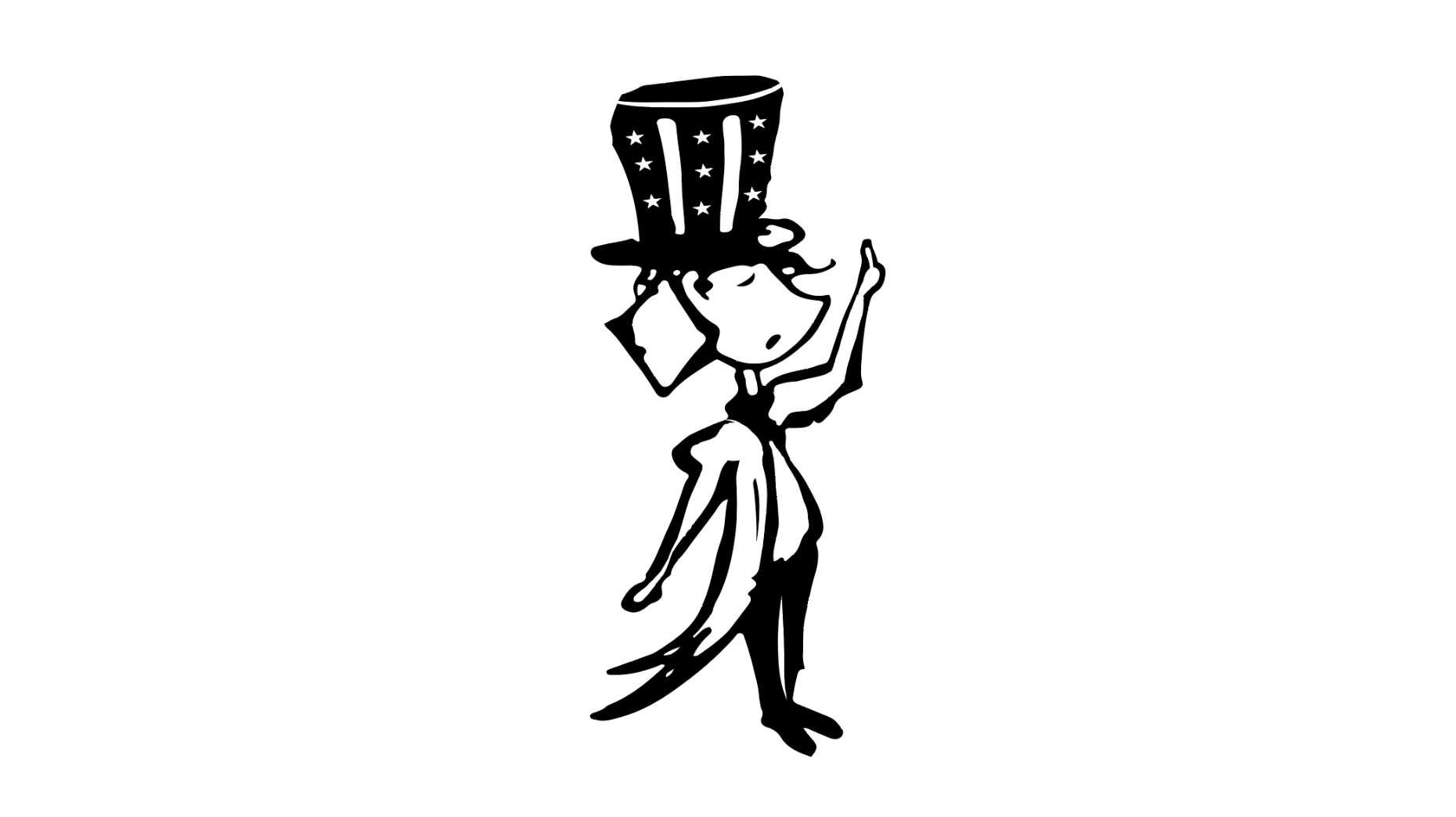The incident is a catastrophic threat to a necessary system of government that is already in decline

Illustration by Sage Blackwell.
By no stretch of the imagination do I agree with the U.S. Republican Party’s political nor moral values. Still, Donald Trump’s attempted assassination deeply concerns me; it is yet another major hit to the already-declining state of American democracy.
There is no doubt that Trump himself accelerated a decline in American democracy amidst global democratic backsliding. It seems that many have attributed the threat to democracy that Trump represents to his continued perpetuation of the idea that the 2020 election was stolen from him. A recently-released article by the American Civil Liberties Union aptly argues that another presidency for Trump could see the further roll-back of electoral legitimacy and in turn, democracy.
However, Trump’s negative impact on democracy does not stop at electoral legitimacy. It extends to issues of polarization, personalism — where loyalty is to the political candidate’s person rather than their party — threatening press freedoms, endorsing autocrats, and sympathizing with the alt-right. Let’s not forget about the time that Trump sympathized with Russian president Vladimir Putin by calling him a “wounded animal” as a result of U.S. government sanctions against Russia under Barack Obama.
Now, the attempted assassination of former president Trump signals a deteriorating democracy in the U.S.
Political assassinations — and their attempts — typically occur in failing political landscapes. In an assessment of 758 worldwide political assassination attacks from 1946-2013, political scientist Arie Perliger found that political assassinations are more likely to occur in countries that mix constrained political competition with political polarization and fragmentation. See the attempted assassination of the former President of Brazil Jair Bolsonaro as an example, wherein increased political polarization and rapid democratic backsliding led to the attack.
The grim landscape of American political polarization since the election of Trump is no secret. In a decades-long study of political opinions by Pew Research Center, it was found that political polarization had more than doubled in the first year of Trump’s presidency.
As Trump left the stage where he was shot, he pumped his fist and mouthed the word “fight” three times. Some consider this chant to endorse the outbreak of a civil war. Regardless of what Trump might have meant, the attempted assassination hurts the serious case of affective polarization facing Americans.
Affective polarization is a form of political polarization based on emotions. It means that voters feel more strongly towards their party of choice while simultaneously feeling more distant from the opposing parties. As affective polarization increases — only fuelled by assassination attempts — democracy will continue to decline.
Following the shooting, President Biden called for increased unity amongst Americans.
“The political rhetoric in this country has gotten very heated. It’s time to cool it down. We all have a responsibility to do that,” said Biden in an Oval Office address.
I’m not convinced that people will decide that now is the time to listen to Sleepy Joe’s advice. America’s democracy is in trouble, and furthering political polarization by celebrating the attempted assassination of Trump only worsens the situation.







